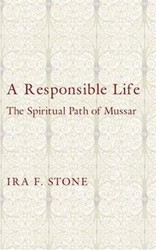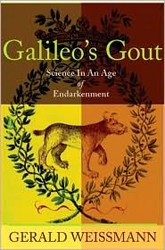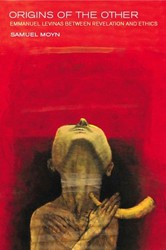This monograph explores the ways in which esotericism — the conscious effort to transmit knowledge to some people while hiding it from most others — was used by Jews during the Middle Ages. While the rabbis of the Mishnah and the Midrash felt that certain kinds of knowledge were best left unexplored, medieval savants were caught in a bind. They wanted desperately to record their thoughts for posterity, while cordoning them off from unworthy eyes. The solution was esotericism— speech or writing couched in a language that would be understood only by those worthy of it. Abraham ibn Ezra utilized this approach in interpreting the Bible, as did Maimonides in his Guide for the Perplexed. The very first Kabbalist, Rabbi Isaac the Blind, reprimanded some of his disciples for being insufficiently discreet in explaining his secrets. His followers responded in different ways — Nahmanides gave only the vaguest hints of kabbalistic secrets in his Bible commentary while Isaac’s nephew, Asher ben David, expounded them quite clearly.
Halbertal explains complex issues clearly and gracefully, moving smoothly from dense kabbalistic passages to abstruse texts of medieval philosophy in a way that allows the unspecialized reader to follow his train of thought without plumbing the depths of each theological system to which he refers.





